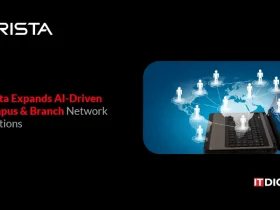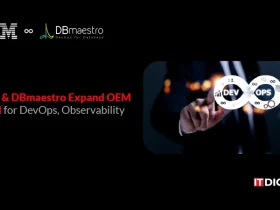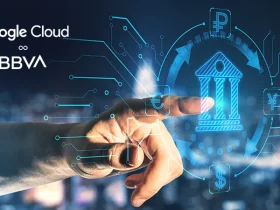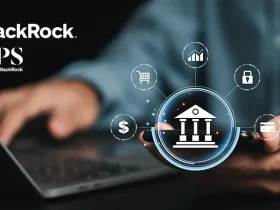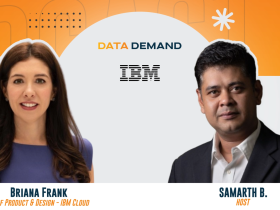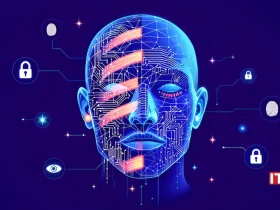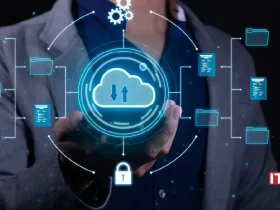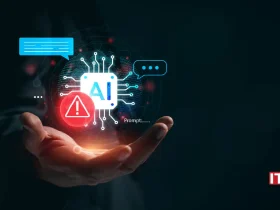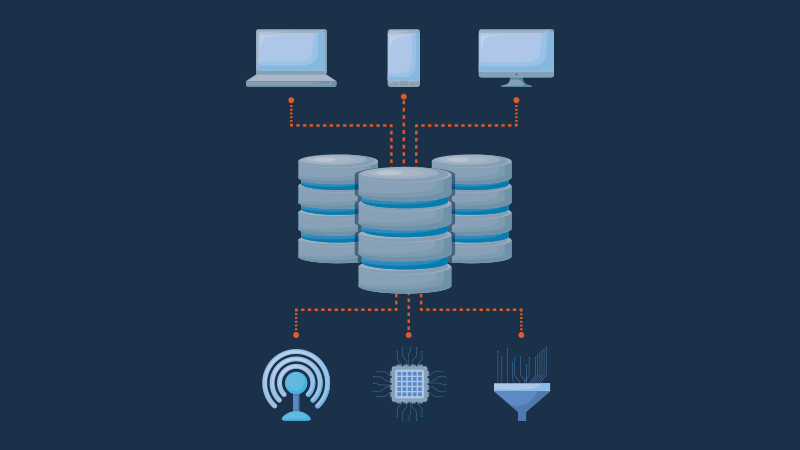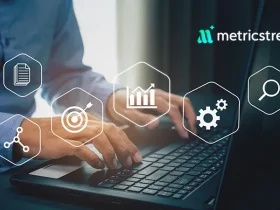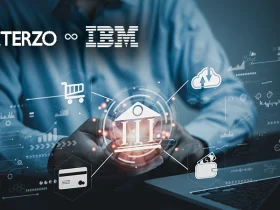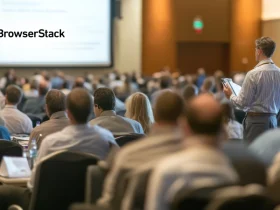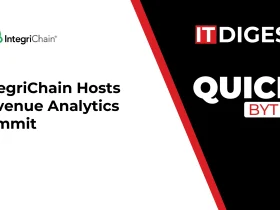Despite paying down a record amount of credit card debt in 2020, almost $83 billion, consumers have returned to their pre-pandemic ways. They added more than $86 billion in new debt during 2021 and started 2022 by paying down just $13.2 billion of their credit card balances so far this year.(1) With the recent increases in interest rates by the Federal Reserve, any balances Americans are carrying will continue to escalate.(2)
Karla Jo Helms, host of the Disruption/Interruption podcast, asks Jason Saltzman if a digital solution is the answer to helping people out from under their mountains of debt that have disrupted their mental well-being for too long.
“The system is gamified, every time you turn on the television, our whole country is set up to sell you something and you want a life that many people can’t afford and extending credit gives you that opportunity to get something that you cannot afford,” Saltzman explains. “Even look at those Visa and Master Card commercials of the lifestyle that they are selling people. It’s like oh s**t I want that! But I don’t have the money to pay for it! Now you do! With credit we are your best friend, but that comes with big shackles.”
Also Read: Carnrite and Persefoni Expand Partnership to Accelerate Private Sector Carbon Emission Reductions
Jason Saltzman shares:
The main ingredient for disruption is caring about the people for whom you’re creating value. Money is a receipt of value. While the solutions relating to debts are simple, the problem is extremely complex.
Credit card debt disproportionally affects marginalized communities of color because not only has there been a lack of financial education but also some of the largest creditors in the world with the highest interest rate target these communities.
Credit card debt expanded during the pandemic, as the government started printing capital and giving it to people in need. Because people had access to more capital, their savings shot up and that triggered the creditors to issue more credit.
Last quarter, the national credit card debt recorded the highest number of credit card balances in the history of debt recording, with the average credit card interest rate in America today topping 29%.
The name of game is to get very expensive credit in the hands of people that don’t understand how to use it. In fact, some of the highest individual balances are with people with advanced education e.g., doctors, lawyers, etc. who despite their additional years of education may have never learned how to manage their money or credit.
One of the biggest reasons Saltzman started the Relief app is to normalize the credit debt problem and get individuals their dignity back. “Any debt has a stigma around it, and it has systemic ramifications,” he says. “Today, one in three Americans have an account that has fallen behind.”
Depending on the individual’s current situation, the Relief app will make all options available for those using the app to speak to their creditor and work out a solution.
Disruption Interruption is the podcast where you’ll hear from today’s biggest Industry Disruptors. Learn what motivated them to bring about change and how they overcome opposition to adoption.
Disruption is happening on an unprecedented scale, impacting all manner of industries— MedTech, Finance, IT, eCommerce, shipping and logistics, and more—and COVID has moved their timelines up a full decade or more. But WHO are these disruptors and when did they say, “THAT’S IT! I’VE HAD IT!”? Time to Disrupt and Interrupt with host Karla Jo “KJ” Helms, veteran communications disruptor. KJ interviews bad a**es who are disrupting their industries and altering economic networks that have become antiquated with an establishment resistant to progress. She delves into uncovering secrets from industry rebels and quiet revolutionaries that uncover common traits—and not-so-common—that are changing our economic markets… and lives.








